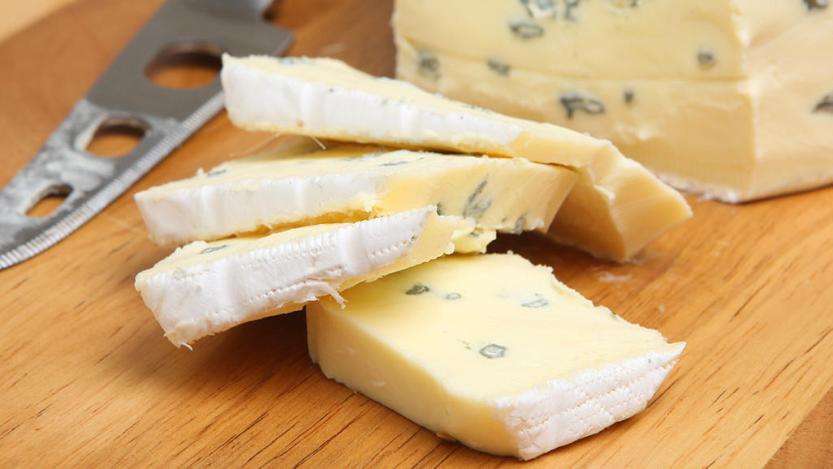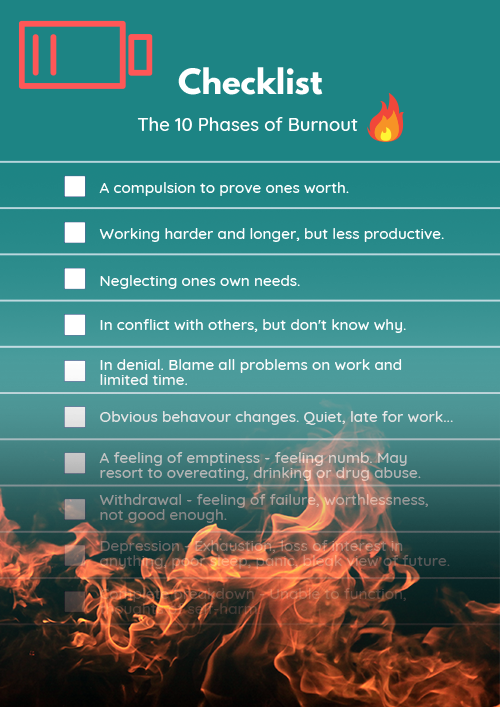Have you ever been confused about what you can or can’t eat during pregnancy?
In this article we will explore what you can and can’t eat when you are already pregnant.
Helping you to make the right choice whilst you are pregnant
Cheese and other dairy products
Unpasteurised milk should be avoided during pregnancy. If milk is not pasteurised it may contain bacteria that can cause food poisoning.
Women are more vulnerable to food poisoning when they are pregnant.
Milk, yogurts and cream bought in a supermarket will be safe as these are pasteurised, but it is a little more complex with cheese.
Pregnant women should completely avoid:
- Soft cheeses with a white mouldy rind, such as Brie, Camembert and any goat’s cheese with a white rind
- Soft blue-veined cheeses such as Gorgonzola or Danish blue.
These types of cheeses can harbour listeria, which is a bacteria that can be dangerous to the unborn baby, and although the risk is rare, it can lead to miscarriage and stillbirth.
Safe Cheeses
Hard cheeses are safe to eat during pregnancy, even blue-veined or unpasteurised ones. Hard cheeses do not contain as much water as soft cheeses and this means that bacteria are unable to grown in them.
Hard cheeses include cheddar, Parmesan and Stilton.
A range of other cheeses are also safe during pregnancy as long as they are made from pasteurised milk. These include mozzarella, feta, ricotta, goat’s cheese and processed cheese.
Fish
Fish is a good source of protein and Omega 3 essential fatty acids, both of which are important for the health of the mother and baby during pregnancy.
However, there are risks associated with fish consumption. Fish can be a source of environmental pollutants, which are extremely harmful to the developing foetus. You should therefore limit the consumption of fish and some should be avoided completely.
Which fish to avoid completely during pregnancy?
Do not eat shark, swordfish and marlin, because they contain high levels of mercury.
Tuna can also contain low levels of mercury so its consumption should be limited to two portions of fresh tuna or four medium-sized can per week.
Raw shellfish should be avoided completely during pregnancy, but it is safe to eat cooked shellfish.
Sushi is safe to eat during pregnancy if the fish used to make it has been frozen first. Ready-made sushi from a shop will have been previously frozen so this is safe to eat.
Meat
Liver needs to be avoided during pregnancy. It contains high levels of vitamin A, which can be harmful for the developing foetus.
All other meat is safe to eat during pregnancy, but it needs to be prepared and cooked properly. This means that you need to avoid rare meat and ensure that all meat is cooked through, with no traces of pink.
Eggs
In the past pregnant women were advised to completely avoid raw eggs and undercooked eggs. However, newer guidance says that eggs produced by the British Lion Code of Practice are safe for pregnant women to eat raw or partially cooked, because they come from flocks that have been vaccinated against salmonella.
This makes it difficult when eating out, so pregnant women should be aware that raw egg is contained in mousses, ice-cream, mayonnaise and dressings and they should be avoided unless it is certain that the eggs have been produced under the British Lion Code of Practice.
Products purchased from the supermarket will normally be pasteurised, so these are safe to eat.
Caffeine
If a woman has a high caffeine consumption during pregnancy her risk of having a baby with a low birth weight increases. It can also lead to an increased risk of miscarriage.
Caffeine is found in a number of food and drinks, including tea, cola, coffee, chocolate and energy drinks.
A pregnant woman does not need to avoid caffeine completely, but limit her intake to no more than 200 mg per day. As a guide:
- A mug of filter coffee = 140 mg
- A mug of instant coffee = 100 mg
- A mug of tea = 75 mg
- A can of cola = 40 mg
- A bar of milk chocolate = 25 mg
Alcohol
There is no known safe level of alcohol consumption during pregnancy, so the best option is to avoid it completely.
A woman should try and give up alcohol as soon as she starts trying to conceive.


